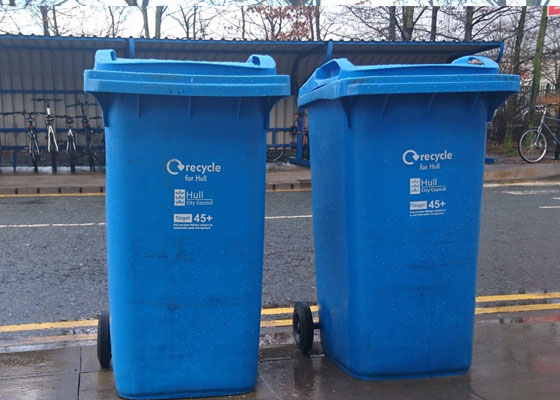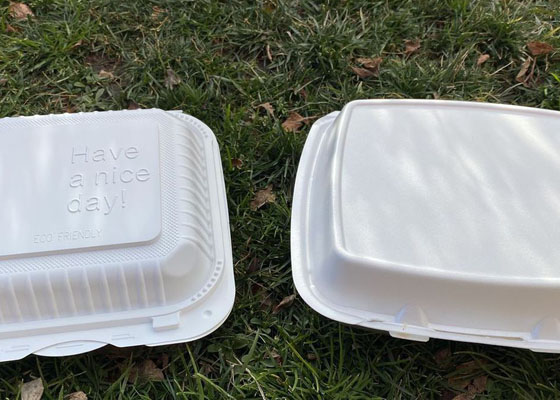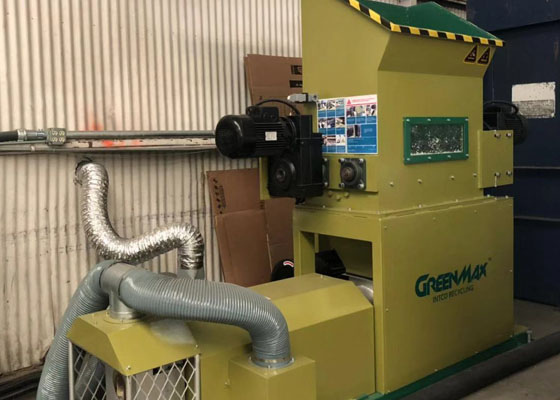The EPS Densifier is Specializing to Recycle the EPS Food Containers with No Need for Blue Bins
Before I talk about today's topic, I want to ask you a question - do you order takeout in your daily life? I believe that under the negative influence of COVID-19, more and more people stay at home, which makes the answer of more and more people is "yes". The increasing number of EPS in waste logistics is closely related to this. After all, most restaurants are willing to use this convenient and cheap material.

Nowadays, the recycling industry has made great progress in the United States, where blue dustbins can be seen everywhere to recycle the garbage picked up. But there is one kind of waste that is not accepted by these blue dustbins, and that is EPS. There are two reasons for this phenomenon. One is that many people do not fully understand the fact that EPS is 100% recyclable. The other is that there is no proper channel for local people to recycle EPS. This has resulted in the stagnation of EPS recycling development, but now things have changed—the emergence of EPS densifier is helping to change this phenomenon.

EPS densifier is the recycling machine that applies the new hot-melt technology to EPS recycling. Its wide application will solve some existing difficulties of EPS recycling, which are inseparable from the fact that the blue dustbin does not recycle the EPS. To recycle EPS, you have to take it yourself to the city drop-off center, pay $3 per carload and unload it yourself. That means you have to be willing to recycle it, be able to haul it yourself, and pay for the privilege. For EPS densifier, recycling EPS does not need these complex rules and tedious steps.
The traditional recycling method of EPS is landfill and incineration. Obviously, compared with it, the recycling scheme of the EPS densifier is attractive. It can even be said that a complete green recycling system can be established based on this kind of recycling equipment. First of all, its recovery process will not cause any secondary pollution. The dense and loose EPS is successfully produced by hot-melt technology and a high compression ratio. Secondly, its terminal recycling will not be questioned, because the hot-melt EPS ingots are hot granulating materials in short supply in the market. It means that as long as there is an EPS densifier, even if your city only has blue bins that do not accept EPS, it will not affect your EPS recycling activities.

Sometimes, the environment can't be changed. In a short period of time, the dustbin that accepts EPS will not be popularized. However, the application of EPS densifiers can not only make EPS recyclable but also represent the never disappearing enthusiasm for recycling.
